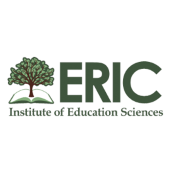NATURE AND NURTURE IN CHILD DEVELOPMENT: A CONCEPTUAL REVIEW FROM AN ISLAMIC PERSPECTIVE
DOI:
https://doi.org/10.5281/zenodo.15545191Keywords:
Child Development, Nature vs Nurture, Islamic Psychology, Fitrah, Tarbiyah, Early Intervention, Developmental TheoryAbstract
The interplay between nature and nurture has long been debated in developmental psychology. While Western theories often treat the two as distinct or competing forces, Islamic teachings offer a harmonised view incorporating intrinsic disposition (fitrah) and external influences (tarbiyah). This conceptual paper aims to critically review the literature on nature versus nurture theories in child development, juxtaposing Western perspectives with insights from Islamic epistemology. Foundational theories from Rousseau, Locke, Piaget, and Vygotsky are explored alongside Islamic concepts of child-rearing, innate disposition, and environmental shaping. The paper argues that an integrated model, informed by Islamic teachings, provides a holistic framework for early intervention practices. This synthesis contributes to culturally responsive pedagogical frameworks in Muslim-majority contexts. Implications for early childhood professionals are discussed, particularly in aligning interventions with scientific evidence and Islamic ethical values. The review concludes that a balanced approach, recognising biological predispositions and contextual factors, is essential for nurturing optimal child development in culturally grounded ways.









